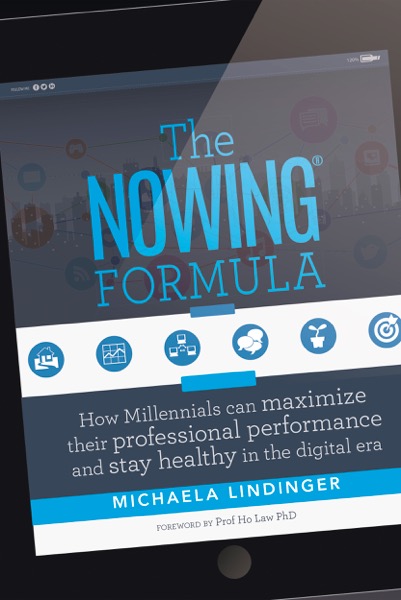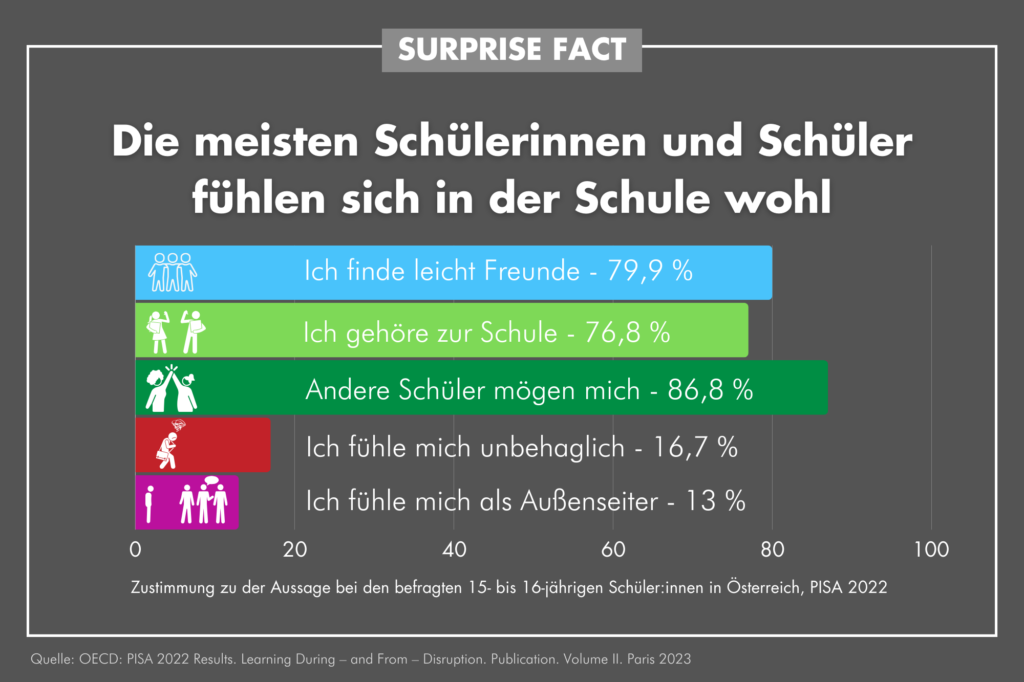Despite all the technological innovations taking place, we need to keep in mind that there is a human factor that plays a vital role in the digital industry. We can automate processes, we can have robots as new team members, and we can work with smart, connected, shared devices that tell us what we want before we even know it. But there is no organization — to date or in the future — that can operate without any human beings at all.
„The true success factor for companies in the twenty-first century will be human maturity at the right key positions of an organization.”
So the questions of the day are — Who are the main actors in this disruptive digital game? What distinguishes these up-and-coming talents of generation Y from their parents and grandparents? The makeup of the global workforce is in the middle of a massive change, where today half of the employees in the world are considered millennials or generation Y — born between 1980 and 1997. Millennials are the children of generation X and the large group of baby boomers, the majority of whom is about to retire. This Y generation has been strongly influenced by the impact of the Internet on our daily activities: work and life are strongly interwoven, personal opinions are expressed directly and openly, and their new personal lifestyle shapes how entire societies think, act, and collaborate.
„Understanding how these most important players of the future workforce tick and what makes them perform and live a purposeful life is essential for a successful digital revolution in any industry.”
One could fill a bookshelf with articles and studies that have been published on this markedly different generation of millennials. Yes, there are differences that are worth remembering, and yes, there are still a lot of values, interests, strengths, weaknesses, and desires that remain the same as in previous generations. Being a millennial myself, I once was asked in a plenary discussion to introduce myself as “the typical gen Y / millennial.” Here is the transcript of my answer:
I (as a millennial) favor the entrepreneurial spirit, a high level of independence, and yes, I’m digitally savvy with strong objections to micromanagement. I love empowerment, I love challenge, and I love excitement, thus I have a more unorthodox approach to my career and my daily job performance that does not parallel traditional paths. I view traditional hierarchies and authorities skeptically, but I bring an impressive portfolio of academic credentials and skills to the workplace. What do I want in return for putting those skills into action? I aim for fast-track promotions, nice salary raises to fuel my nonprofessional areas of interest/hobbies, flexible work arrangements to combine professional and family life, and yes, there needs to be a reason, a bigger purpose, and, of course, fun in whatever I am supposed to be doing. I want meaningful work that adds value, and I appreciate constant feedback, flexibility and recognition. I am also very impatient, so don’t you dare promise a distant pay raise or promotion — this will not get my attention.
It is typical for us millennials to find different and rapidly changing workplaces over the course of our careers. What will remain constant from one job to the next, however, is that we have certain expectations of ourselves, our supervisors, and the organizations we work for. To start with ourselves first, generation Y wants to learn technical or core skills in their areas of expertise because they fully understand how necessary those skills are in a digital environment. We are also extremely interested in learning skills focused on self-management and personal productivity as well as leadership skills, which are needed to solve current management challenges. All this should come with some sprinkles of industry or functional know-how and should be presented in a creative, innovative form or environment.
Our expectations toward the company we work for include the development of skills needed for the future, paired with ongoing professional coaching as we have been used to since our childhood days: whether it was our parents, neighbors, family members, or friends, there was always a good “coach” ready for a good conversation geared toward finding the best solutions. We also want a company with strong values and individualized offerings and benefit packages: from B as benefits to S as salary and W as working time. Organizations ready to gain and retain Y talents have to allow for — but not require — blending work with private life, and a clear career path must be presented.
„Last but not least, the question remains of what millennials expect from supervisors or “the boss” — a term Ys would never use because of their dislike of hierarchy.”
The “boss” is supposed to help navigate the career journey and provide constant, timely, and thorough feedback. This person should not only help guide but also coach and mentor on an informal basis and act as a sponsor in formal development initiatives. And, by the way, he or she should not have an issue with flexible work arrangements.
„In a nutshell one could say that millennials are not willing to trust “old-school” schemes and sources such as preachy old advisors or traditional career tracks.”
Given that generation Y will make up more than 50 percent of the global workforce by 2020, any company succeeding in attracting and working with millennials sits on a gold mine for future business success. Gen Y’ers are ambitious for thriving careers and charged lives, thus they will see progress in their professional lives, will see income growth, and see an increased possibility to pay for premium services. So if an organization has not yet disappointed them and manages to be attractive to them as customers and employees, chances are high that these organizations are well prepared for future success.
This Internet-savvy generation Y, with its focus on speed, openness, transparency, and global reach, is contrary to current management representatives who value quality, safety, privacy, and personal relationships. This changed mind-set, paired with a changed approach and a changed set of values and beliefs, will allow for taking on new perspectives and even generating new job descriptions such as a “generation integrator” or “digital disruption specialist.” Whether an organization can then motivate all generations to join forces in creating innovative and successful solutions remains another differentiating yet critical factor for high performance of any business in the digital future.
About
Michaela Lindinger is the founder and CEO of brain in spa, an employee experience company and the author of the book The NOWING® Formula. Find out more at www.braininspa.com



